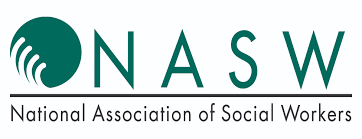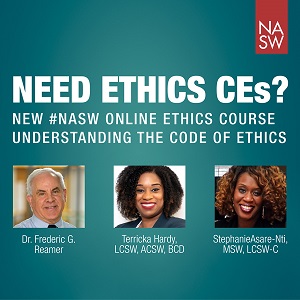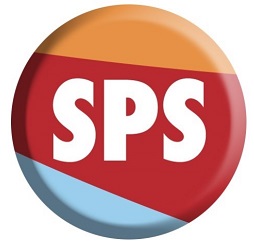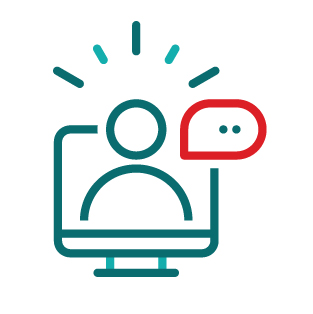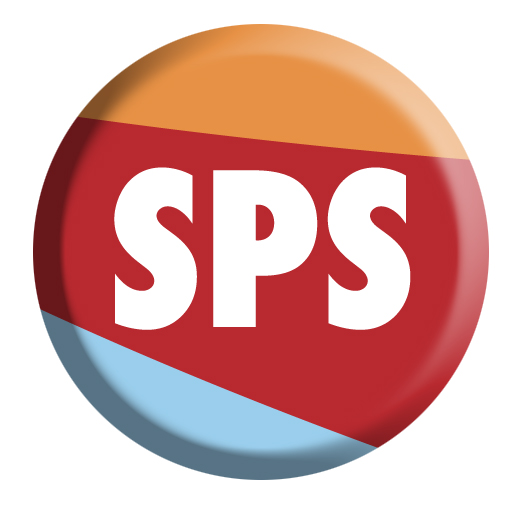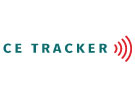|
|
Workshop H - Everybody's Mad: An Ethical Framework for Understanding and Responding to Anger
NASW-MD Chapter's Virtual 2025 Social Work Month Conference: Compassion + Action
|
|
LinkedIn
E-Mail
|
Synopsis: Some days it appears that the world has gone mad. Sensationalized reports of gang violence, school shootings, workplace violence, and riots inundate our news, and expressed anger at individuals, groups, and the system permeates social media. Where does this come from and, more importantly, what can we do about anger both personally and professionally? In this workshop, the presenter will explore the etiology of anger by examining the impact of personal and social experiences (including trauma) on individuals and groups. The physiology of anger will be explored as will culturally mediated differences in anger expression. The ethical challenges in providing effective clinical care when confronted with angry clients, angry groups, angry co-workers, and angry bosses will be examined. The positive use of the power of anger to respond to social justice needs impacting individuals and groups will be addressed. Finally, we will work to develop a personal framework to allow us to respond both ethically and effectively when anger is self-identified.
Learning Objectives: Upon completion of this workshop, participants will be able to:1. Increase understanding of the biological/brain-based etiology of anger in self and others. (Competence, dignity and worth of the person - 1.02, 1.04, 1.05, 2.012. Examine the role of personal experiences, including trauma, poor attachment, and marginalization and their relationship to strong or difficult feelings. (Service, social justice, importance of human relationships, competence – 1.02, 1.04, 1.05, 4.01, 4.05,3. Identify physiological changes and cultural differences related to anger expression and their impact on consumers, groups, and the provider(s) of care. (Dignity and worth of the person, competence, service – 1.02, 1.04, 4.01,4. Recognize and problem-solve ethical challenges in clinical care produced by angry clients, angry client-systems, angry co-workers, and angry bosses. (Service, dignity and worth of the person, social justice, importance of human relationships, competence – 1.02, 1.04, 1.05, 1.07, 1.10, 1.14, 1.16. 1.17, 2.01, 2.04, 2.08, 2.10, 3.06, 3.10, 4.01, 4.02, 4.05, 5.01 <particularly in the context of providing supervision>, 6.01, 6.04).5. Develop a personal framework for responding ethically and effectively when anger is identified in oneself or as the result of the therapeutic relationship. (Competence, service, integrity, importance of human relationships – 1.02, 1.04, 1.05, 1.06, 1.07, 1.10, 3.01, 3.02, 4.01, 4.02, 6.01, 6.02, 6.04).
Please Note: This workshop meets the 3 hour ethics requirement by the Maryland BSWE for license renewal.
Please Note: This workshop meets 3 of the 6 hour ethics requirement required by the DC Licensing Board.
| Price | Standard |
|---|
| Non-Member | $40.00 | | Member | $25.00 |
|
Customers Who Bought This Item Also Bought
(Self Study)
#3094 – RECORDED WORKSHOP - Mental Health and Nutrition: Beating the Blues with the Greens
(Self Study)
Workshop E - Overcoming Imposter Syndrome: Building Confidence & Resilience in Social Work
(Self Study)
Ethics, Social Justice, and Weight Stigma
(CEtoGo)
Implicit Bias: From Allyship to Solidarity
(Self Study)
Workshop A: Prelude to a Public Safety Certification - Building a Formalized Curriculum to Increase Clinical Confidence & Positive Outcomes
(Self Study)
Understanding the NASW Code of Ethics
(CEtoGo)
A Solution-Focused Approach to Shifting Challenges into Sustainable Solutions
(Self Study)
The Challenging Side of Supervision
(Self Study)
Reflections on Mandated Reporting
(Self Study)
Behavioral Ethics: A Lens to Examine Ethical Challenges in Social Work Practice
(Self Study)
Challenges and Complexities of Cultural Competency in Social Work Practice
(CE Tracker)
NASW CE Tracker
|
|

 Adding Registration, Please wait...
Adding Registration, Please wait...


